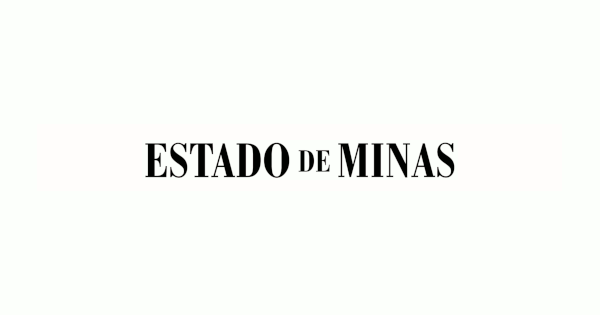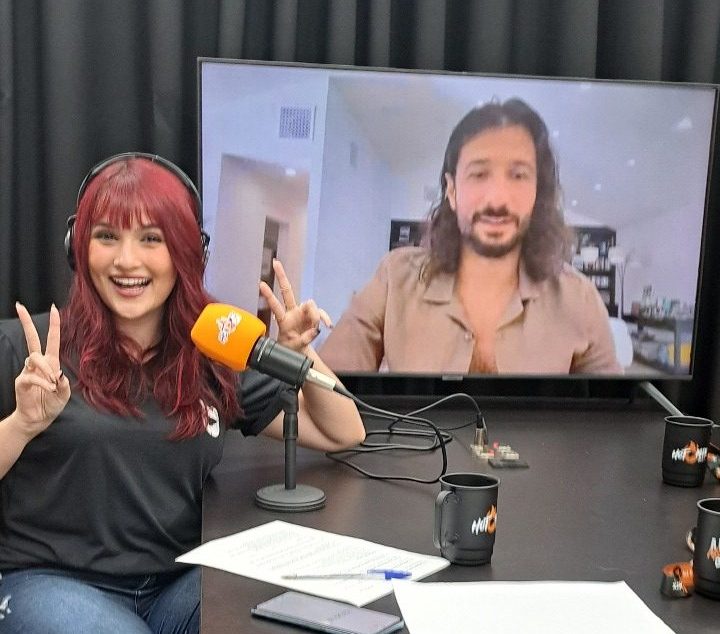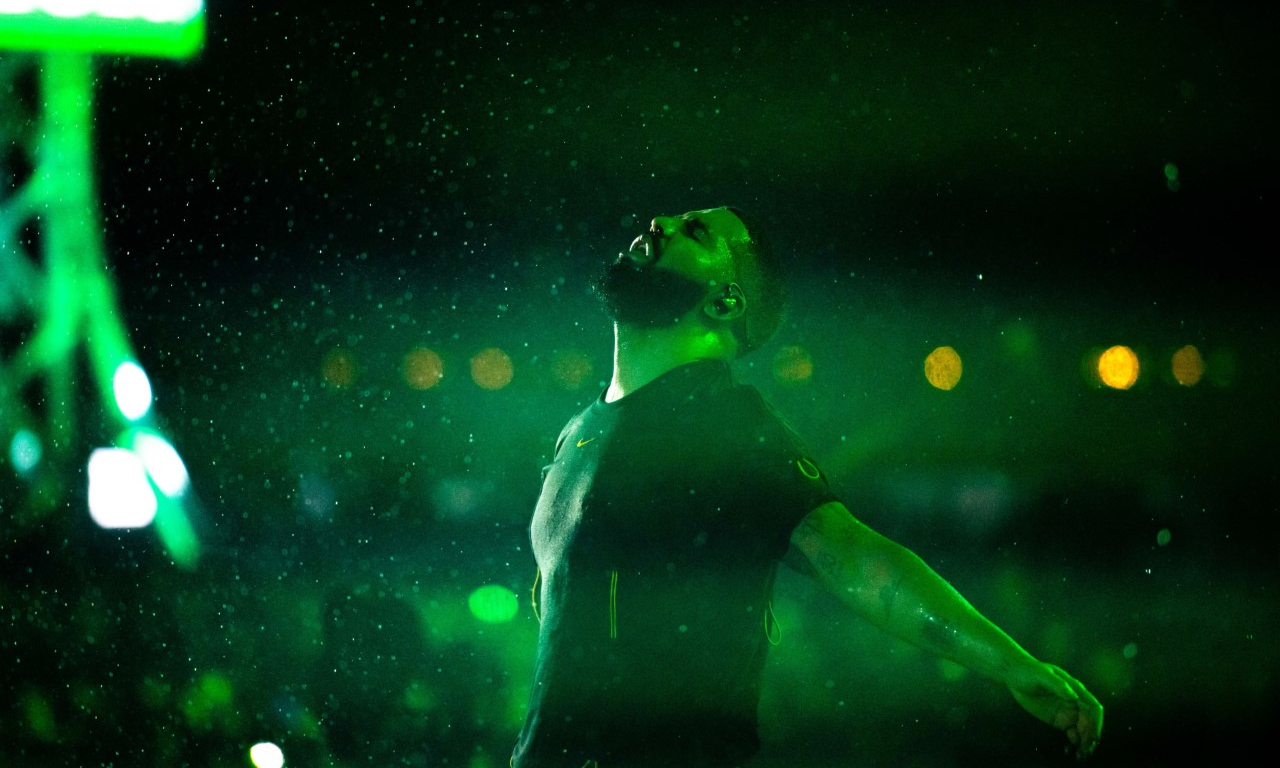The CFO of Chinese telecommunications giant Huawei, Meng Wanzhou, returned this Saturday (25) to his country, after his house arrest in Canada was ended under a deal with the United States.
At the same time, two Canadians were released in China, ending three years of diplomatic and judicial conflict.
Meng, former Canadian diplomat Michael Kovrig and businessman Michael Spavor were released around the same time in what is now called “hostage diplomacy.”
State broadcaster CCTV showed Meng’s plane landing at Shenzhen airport (south), where the red carpet was rolled out and several hundred people rallied in support, including Huawei employees waving the Chinese flag. One of them offered him a bouquet of flowers.
“As a normal citizen, I could not achieve my freedom without the support of my beloved country and the love of the Chinese people,” Meng said on the airport tarmac, before leading the crowd in performing a Chinese patriotic song.
Meng, 49, daughter of Huawei founder Ren Zhengfei and nicknamed Huawei’s “princess,” thus removed threats of extradition to the United States, which accused her of bank fraud.
– “Two Michaels” outside China –
At about the same time, Canadian Prime Minister Justin Trudeau announced the release of two Canadian nationals who had been stranded in China since late 2018, days after Meng’s arrest, in an operation Ottawa has always seen as retaliatory.
The “Two Michaels”, as they are called in their country, are accused of spying in a case which, Canadian authorities say, has been “clearly fabricated”. This Saturday, they landed in Calgary, in the west of the country, and were greeted by Trudeau.
“It’s amazing, fantastic to be back in Canada and I’m so grateful to everyone who worked so hard to bring us home,” said Michael Kovrig.
On Friday, US Secretary of State Antony Blinken praised the Chinese authorities’ decision to release two Canadians following their “arbitrary” arrests.
China, for its part, has always regarded Meng’s case as a “purely political incident”.
On Saturday, Chinese government spokeswoman Hua Chunying said the allegations against Wanzhou were “completely baseless.”
Meng’s return to China is the result of a settlement between the Justice Department and the Chinese giant, which was announced on Friday by a New York court.
Meng reached an agreement to postpone the trial to avoid being charged with serious criminal fraud.
The US government has proposed “postponing” the case against the entrepreneur until the end of 2022. If the pact is not challenged or violated by December 1 next year, US authorities will drop all charges.
Furthermore, the agreement stated that the United States would advise Canada to release Meng and withdraw the extradition process.
– “One pimple reduced” –
A US court accused him of lying to an HSBC bank executive during a meeting in Hong Kong in 2013 about links between the Chinese group and a subsidiary called Skycom that sold equipment to Iran.
According to the US Department of Justice, the defendant, who has always denied these facts, admitted to having played a “fundamental role” at the time and “disguising the truth” before the HSBC board about Huawei’s activities in Iran.
This Saturday, Huawei stated that it would “defense itself” against these allegations, according to which the company evaded sanctions imposed by the United States on Mr.
This Saturday, Huawei stated that it would “defense itself” against accusations that the company was ignoring sanctions against Iran.
In China, Meng’s confession of these facts was completely removed from the Internet.
The Xinhua news agency said he returned to China “thanks to the relentless efforts of the Chinese government” and the editor-in-chief of the Global Times newspaper claimed he was “released after pleading not guilty”.
Chinese state media also did not mention the release of the two Canadians.
Although relations between Canada and China “will never go back to the way they used to be”, solving this situation is “one less pimple” in bilateral relations, said Canada’s former ambassador to China, Guy Saint-Jacques.
But the fact that Meng’s release coincided with the release of the two Canadians “confirms that there was hostage diplomacy” and that it “worked.”
With Meng’s arrest, China assumed that the US government, then in charge of Donald Trump, was primarily trying to undermine Huawei, the world’s leading company in 5G equipment and networks.
Since 2019, Huawei has been the target of sanctions from the United States, which accuses the company of spying on its phones on behalf of China, which has weakened the company internationally.

“Coffee aficionado nerd. Troublemaker. General communicator. Gamer. Analyst. Creator. Total brew ninja.”





:strip_icc()/s.glbimg.com/jo/g1/f/original/2012/04/08/skrillex-7.jpg)

